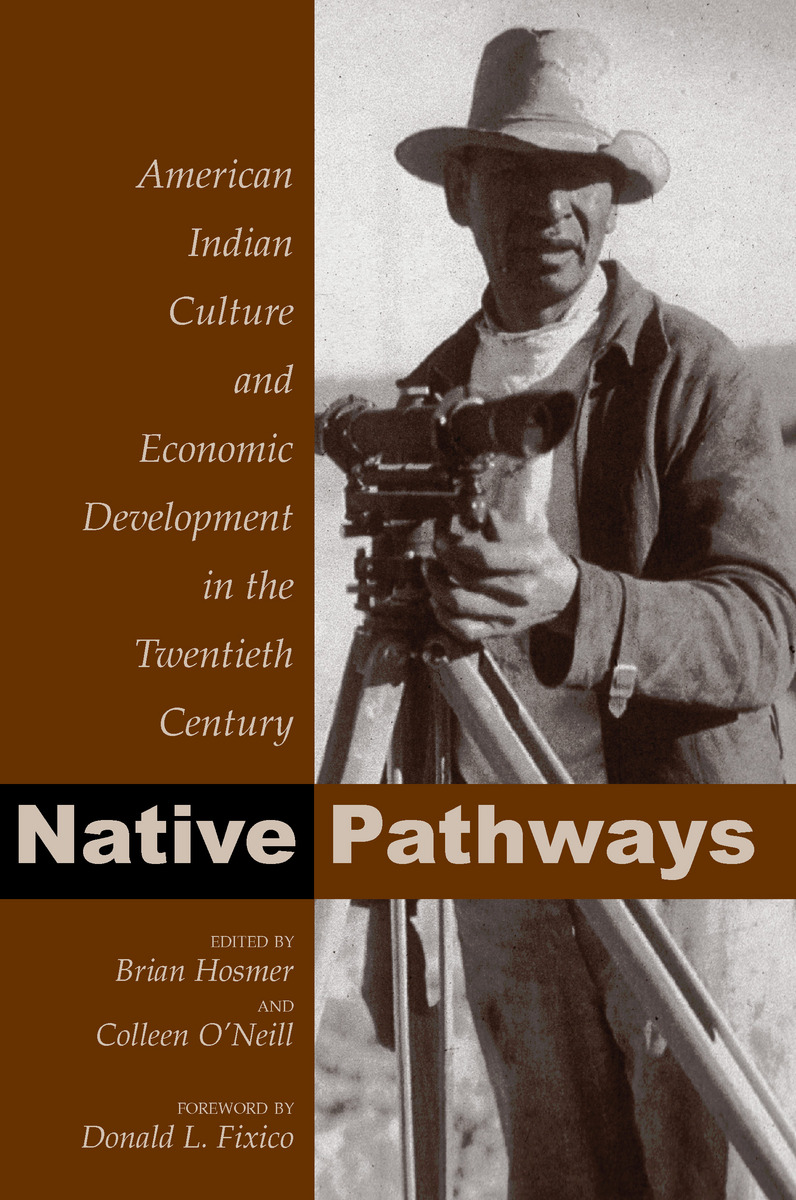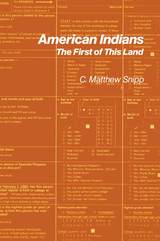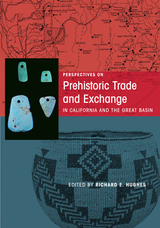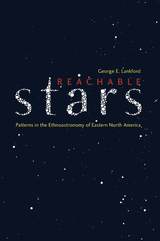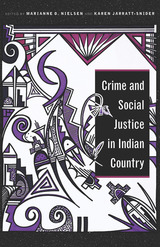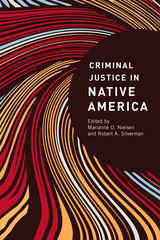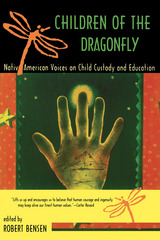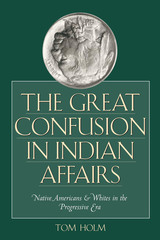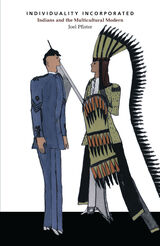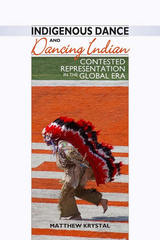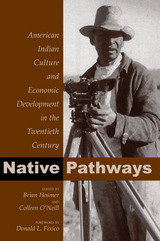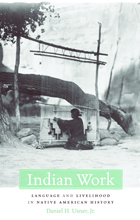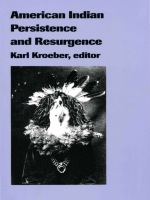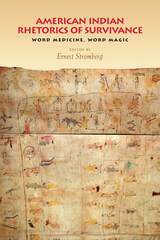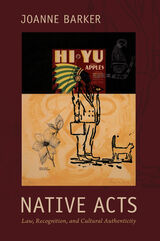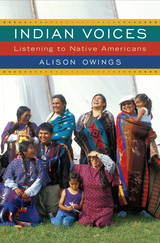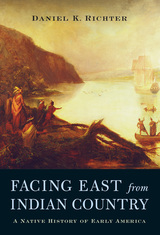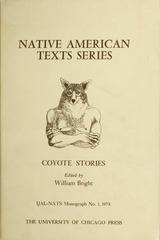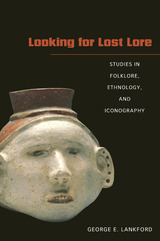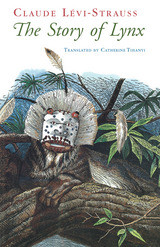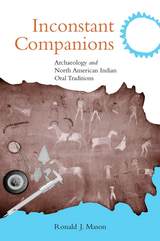Native Pathways: American Indian Culture and Economic Development in the Twentieth Century
University Press of Colorado, 2004
Cloth: 978-0-87081-774-8 | Paper: 978-0-87081-775-5 | eISBN: 978-0-87081-859-2
Library of Congress Classification E98.E2N38 2004
Dewey Decimal Classification 330.97308997
Cloth: 978-0-87081-774-8 | Paper: 978-0-87081-775-5 | eISBN: 978-0-87081-859-2
Library of Congress Classification E98.E2N38 2004
Dewey Decimal Classification 330.97308997
ABOUT THIS BOOK | AUTHOR BIOGRAPHY | REVIEWS | TOC | REQUEST ACCESSIBLE FILE
ABOUT THIS BOOK
How has American Indians' participation in the broader market - as managers of casinos, negotiators of oil leases, or commercial fishermen - challenged the U.S. paradigm of economic development? Have American Indians paid a cultural price for the chance at a paycheck? How have gender and race shaped their experiences in the marketplace? Contributors to Native Pathways ponder these and other questions, highlighting how indigenous peoples have simultaneously adopted capitalist strategies and altered them to suit their own distinct cultural beliefs and practices. Including contributions from historians, anthropologists, and sociologists, Native Pathways offers fresh viewpoints on economic change and cultural identity in twentieth-century Native American communities. Foreword by Donald L. Fixico.
See other books on: Economic Development | Gambling on Indian reservations | Hosmer, Brian | Indian business enterprises | Twentieth Century
See other titles from University Press of Colorado
